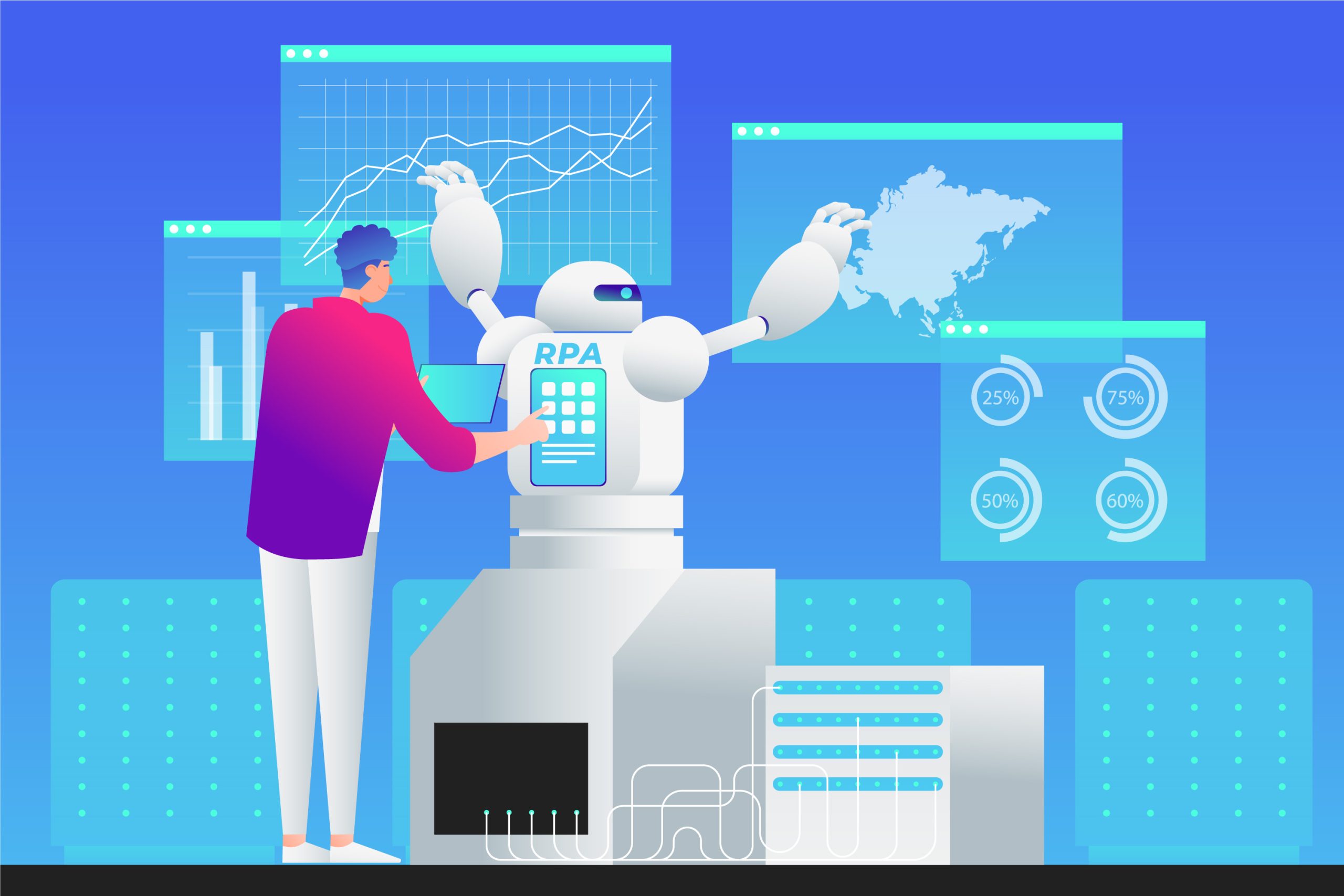Artificial intelligence (AI) refers to the simulation of human intelligence in machines that are programmed to perform tasks that normally require human intelligence such as visual perception, speech recognition, decision-making, and language translation.
AI is being used in various industries, including healthcare, finance, retail, and transportation, to automate and optimize processes, improve decision-making, and enhance customer experiences. Some examples of how AI is being used in these industries are:
Healthcare :
AI is being used in medical imaging to help diagnose and treat diseases, in drug discovery to speed up the development of new drugs, and in personalized medicine to create treatment plans based on a patient’s genetic makeup.
Finance :
AI is being used in fraud detection to prevent financial crimes, in algorithmic trading to make better investment decisions, and in customer service to provide personalized financial advice.
Retail :
AI is being used in inventory management to optimize stock levels and reduce waste, in customer service to provide personalized recommendations and support, and in marketing to target specific customer segments with relevant offers.
Transportation :
AI is being used in self-driving cars to improve road safety and reduce traffic congestion, in logistics to optimize delivery routes and reduce shipping costs, and in predictive maintenance to prevent equipment failures and reduce downtime.
Overall, AI is being used in a wide range of industries to drive innovation, improve efficiency, and enhance customer experiences. As the technology continues to advance, it is likely that we will see even more applications of AI in the future.
The Ethics of Artificial Intelligence
While AI has the potential to bring many benefits to society, it also raises important ethical questions that must be addressed. For example, as AI becomes more advanced, there is a risk that it may become too autonomous and difficult to control. This could lead to unintended consequences, such as the creation of biased algorithms or the use of AI for nefarious purposes. Additionally, there are concerns about the impact of AI on employment, as it may automate many jobs and leave many people out of work. To address these issues, there is a growing need for ethical guidelines and regulations to ensure that AI is developed and used in a responsible and ethical manner. This includes considerations such as transparency, accountability, and fairness in AI systems. As AI continues to evolve and become more integrated into our lives, it will be increasingly important to address these ethical issues and ensure that AI is used in a way that benefits society as a whole.
Conclusion
Artificial intelligence has become an increasingly important technology that is being used across a range of industries to drive innovation and improve efficiency. However, as AI becomes more advanced, it also raises important ethical questions that must be addressed to ensure that it is developed and used in a responsible and ethical manner. While the potential benefits of AI are significant, it is important that we take a thoughtful and measured approach to its development and use to ensure that it benefits society as a whole. As AI continues to evolve, it will be increasingly important to balance the potential benefits with the ethical considerations, and to develop clear guidelines and regulations to ensure that AI is used for the greater good. Ultimately, the responsible development and use of AI will require collaboration between industry, government, and society as a whole.







